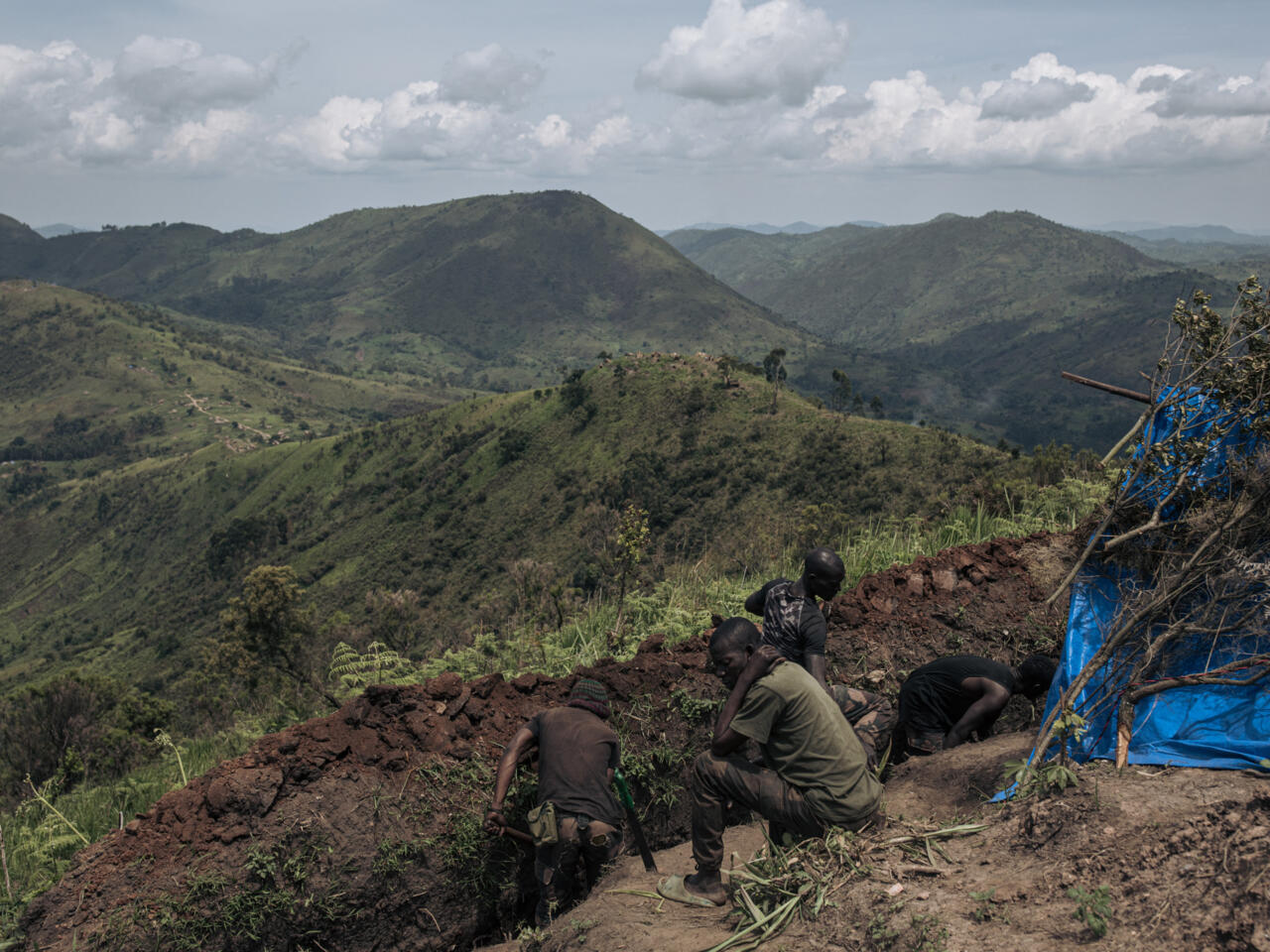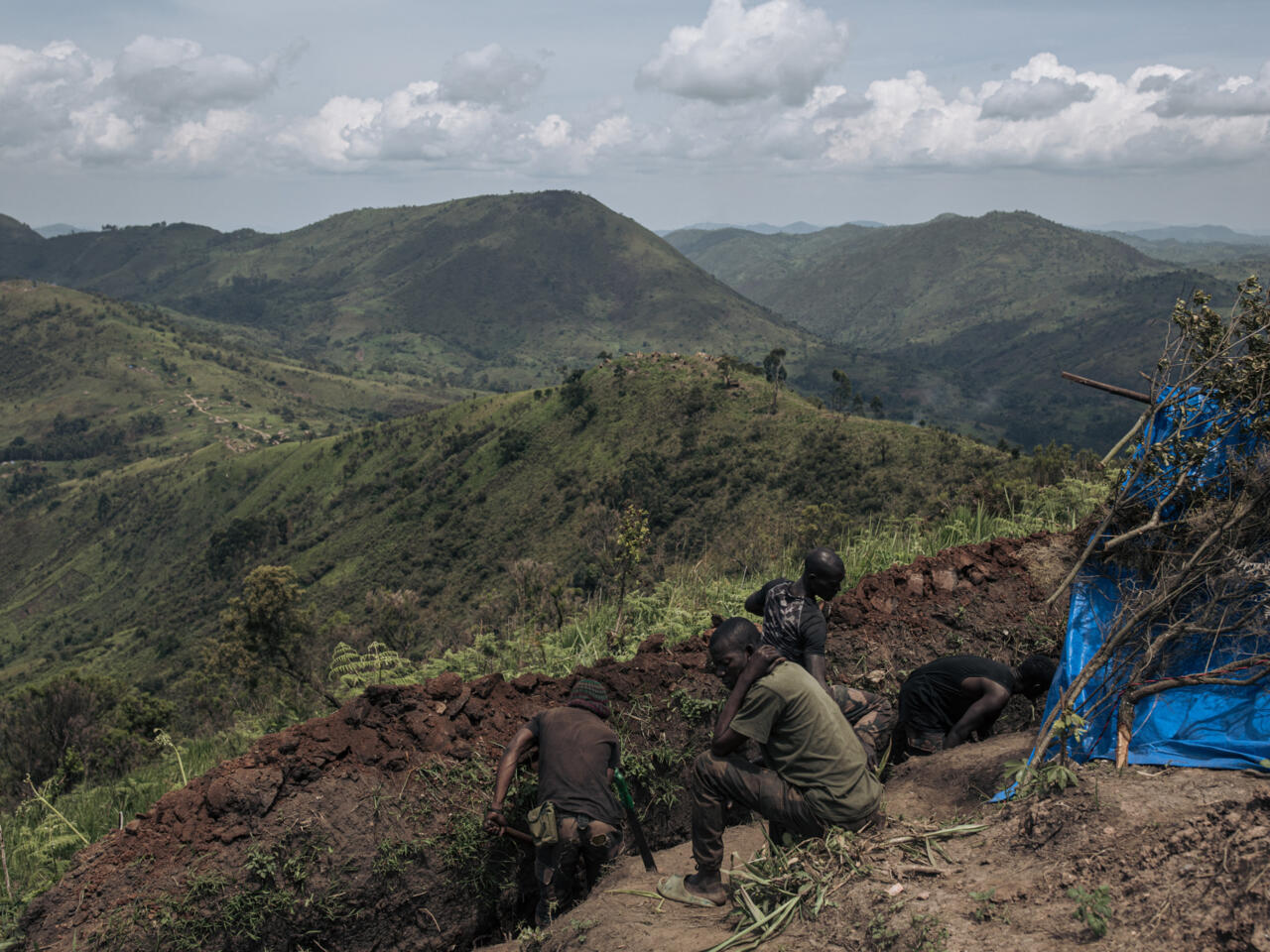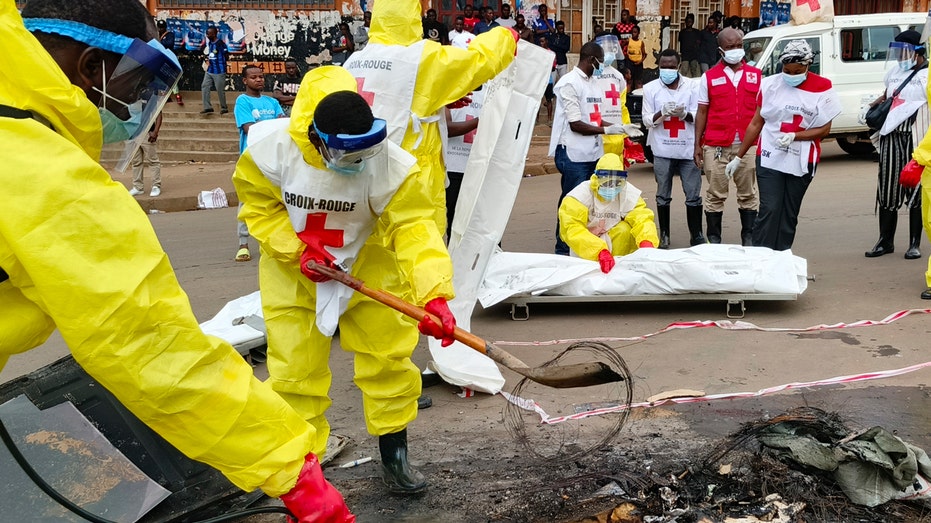
Human Rights Violations Escalate in Eastern Congo
UN Human Rights Chief Accuses M23 Rebels of Atrocities
The United Nations Human Rights Chief, Volker Türk, has recently condemned the actions of the Rwanda-backed M23 rebels, who have seized control of a second major city in Eastern Congo—Bukavu. In a pointed statement, Türk alleged that the M23 has committed grave human rights violations, including the heinous acts of killing children and attacking both hospitals and humanitarian aid facilities.
Summary Executions and Child Soldiers
Speaking on Tuesday, Türk specified that his office had verified instances of summary executions of children perpetrated by M23 as they stormed into Bukavu last week. Disturbingly, he also highlighted that some of these children had been armed and used in combat roles. Although Türk did not delve into specific incidents, previous UN reports have already accused both the Congolese government forces and M23 of recruiting child soldiers, further complicating the humanitarian landscape in the region.
Earlier this month, the UN Human Rights Council took a significant step by launching a comprehensive investigation into war crimes committed by both the Congolese army and M23, focusing on summary executions and sexual violence since the onset of the year. The gravity of these accusations underscores the deteriorating human rights situation in the eastern part of the country.
Recent Territorial Gains of M23
On a recent Sunday, M23 fighters successfully seized Bukavu, a city with a population of approximately 1.3 million residents. This development follows their capture of Goma, the provincial capital in North Kivu, located about 63 miles to the north, just last month. The violence in Goma has reportedly resulted in at least 3,000 fatalities, displacing thousands more as they flee the turmoil.
The rapid advancements of M23 in Eastern Congo indicate a significant escalation in hostilities, presenting urgent humanitarian concerns for the millions who inhabit the war-torn region.
Resource Wars and Regional Tensions
The M23 group is just one of over 100 armed factions operating within eastern Congo—a region that harbors trillions of dollars worth of minerals crucial for global technology and industrial applications. United Nations experts have assessed that the M23 rebels are bolstered by an estimated 4,000 Rwandan troops, raising eyebrows among international observers regarding the involvement of neighboring nations in this complex conflict.
The Rwandan government has countered these allegations by accusing Congo of providing a haven for Hutu fighters linked to the infamous 1994 genocide against Tutsis and moderate Hutus. M23 propounds that its fight is rooted in the defense of Tutsis as well as Congolese individuals of Rwandan descent, claiming they are victims of systemic discrimination. However, many critics argue that these claims serve only as a pretext for Rwanda’s continued interference in Congolese affairs.
Unlike in 2012, when M23 held Goma for a brief period before retreating under international pressure, analysts now speculate that the rebels are aiming for greater political power on the Congolese stage, envisioning a more prominent role in the country’s governance.
Humanitarian Implications of Ongoing Conflict
The protracted violence has led to one of the world’s most severe humanitarian crises, with over 6 million individuals displaced across the region. Amid this turmoil, basic needs such as food, shelter, healthcare, and education have become painfully scarce, leading to dire situations for the millions of affected civilians.
As global attention turns toward the spiraling situation, regional powers are beginning to react more decisively. A Ugandan military official confirmed on Tuesday that troops have entered Bunia, a city in eastern Congo, to aid Congolese forces in their challenge against the escalating violence perpetrated by armed ethnic groups. This intervention signals a potential shift in how neighboring countries view the conflict and their willingness to engage militarily in efforts to stabilize the region.


















